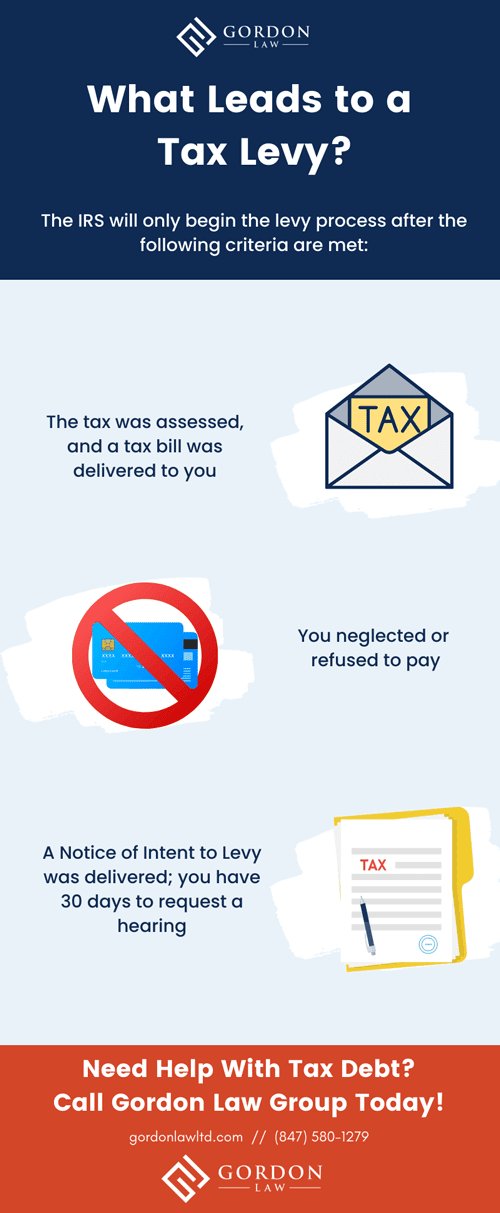Demystifying What Is A State Tax Levy: A Comprehensive Guide

A state tax levy is a powerful tool used by state governments to collect unpaid taxes from individuals or businesses. When facing a state tax levy, it means that the government has the legal authority to seize your assets to satisfy the tax debt. This can include freezing bank accounts, garnishing wages, or placing liens on property. Understanding the implications of a state tax levy is crucial to navigate through potential financial challenges. Let’s delve deeper into what a state tax levy entails and how you can protect yourself.
Understanding State Tax Levy: What You Need to Know
Welcome, young learners! Today, we are going to explore a fascinating topic that affects adults in their everyday lives – state tax levy! Have you ever wondered what happens when someone owes money to the government and can’t pay it back? Let’s dive in and uncover the mysteries of state tax levy together!
What is a State Tax Levy?
Let’s start with the basics. A state tax levy is a legal action taken by a government authority to seize assets from an individual or business that has failed to pay their state taxes. When someone hasn’t paid their taxes for a long time, the government can step in and use a levy to collect the money owed. This means they can take things like money from bank accounts, wages from paychecks, or even property to satisfy the debt.
How Does a State Tax Levy Work?
Imagine you have a friend named Alex who hasn’t paid their state taxes for a whole year. The government sends Alex several notices reminding them to pay up, but Alex still doesn’t do it. In this case, the government has the power to issue a state tax levy against Alex. This levy allows the government to take action to recover the unpaid taxes.
When a state tax levy is issued, the government can reach out to banks, employers, or other entities that owe money to the individual with tax debt. They can then collect the money directly from these sources. For example, if Alex has money in their bank account, the government can take that money to cover the unpaid taxes.
Types of State Tax Levies
There are different types of state tax levies that the government can use to collect unpaid taxes. One common type is a bank levy, where the government can take money directly from the individual’s bank account. Another type is a wage garnishment, where a portion of the individual’s paycheck is sent to the government to cover the tax debt.
Additionally, the government can also place a tax lien on the individual’s property. This means that if Alex tries to sell their house or car, the government will get the money from the sale to pay off the tax debt. These are all ways that the government can use state tax levies to collect the money owed.
Why Do States Use Tax Levies?
You might be wondering why states use tax levies to collect unpaid taxes instead of just asking people to pay. States rely on tax revenue to fund essential services like schools, hospitals, and roads. When individuals don’t pay their taxes, it can put a strain on the state’s finances and make it challenging to provide these services to everyone.
By using state tax levies, the government can ensure that everyone pays their fair share of taxes. This helps to maintain a balance in the tax system and ensures that the government can continue to provide essential services to its citizens. So, while tax levies may seem strict, they play a vital role in keeping our communities running smoothly.
How to Avoid State Tax Levies
Now that we understand what state tax levies are and why they are used let’s talk about how to avoid them. The best way to avoid a state tax levy is to pay your state taxes on time and in full. Make sure to keep track of your tax obligations and set aside money to cover them when they are due.
If you are having trouble paying your state taxes, don’t ignore the issue. Reach out to the state tax authority and see if you can set up a payment plan to help you gradually pay off the debt. Communicating with the government and being proactive about your tax obligations can go a long way in preventing a state tax levy from being issued against you.
Final Thoughts
State tax levies are an essential tool that states use to collect unpaid taxes and ensure that everyone pays their fair share. Understanding how state tax levies work and how to avoid them is crucial for staying on the right side of the law. By being proactive about your tax obligations and seeking help when needed, you can steer clear of state tax levies and maintain a good relationship with the government.
Remember, paying your taxes is a civic duty that helps support our communities and the services we rely on every day. So, the next time you hear about state tax levies, you’ll know exactly what they are and why they matter!
Thanks for joining me on this educational journey into the world of state tax levies. Stay curious and keep learning!
What Is A State Tax Levy? – CountyOffice.org
Frequently Asked Questions
What is a state tax levy?
A state tax levy is a legal action taken by a state government to seize assets from an individual or business that has unpaid state taxes. This levy allows the government to collect the owed taxes by taking control of assets such as bank accounts, wages, or property.
How does a state tax levy differ from other collection methods?
A state tax levy is different from other collection methods in that it involves the direct seizure of assets to satisfy tax debt. Other methods, such as liens or garnishments, do not involve immediate seizure of assets but rather establish a claim on them for the repayment of taxes.
What assets can be subject to a state tax levy?
Assets that can be subject to a state tax levy include bank accounts, wages, real estate, vehicles, and other valuable property owned by the individual or business with unpaid state taxes. The state government can take control of these assets to recover the owed taxes.
Can a state tax levy be stopped or lifted?
A state tax levy can be stopped or lifted by paying off the tax debt in full, entering into a payment arrangement with the state tax authorities, or successfully appealing the levy through legal means. It is important to act swiftly and seek professional advice to address a state tax levy effectively.
Final Thoughts
A state tax levy is a legal action used by the government to seize assets from an individual or business that has failed to pay state taxes. This process allows the state to collect the owed taxes by taking possession of property, bank accounts, or wages. It is essential to understand the implications of a state tax levy, as it can have serious consequences for the individual or business involved. Therefore, it is crucial to address any tax issues promptly to avoid the enforcement of a state tax levy.







